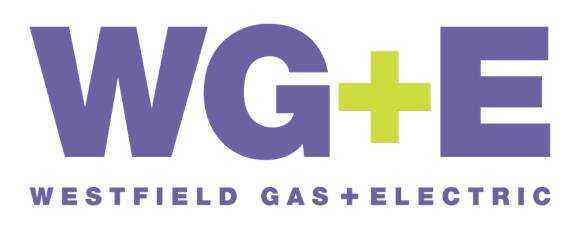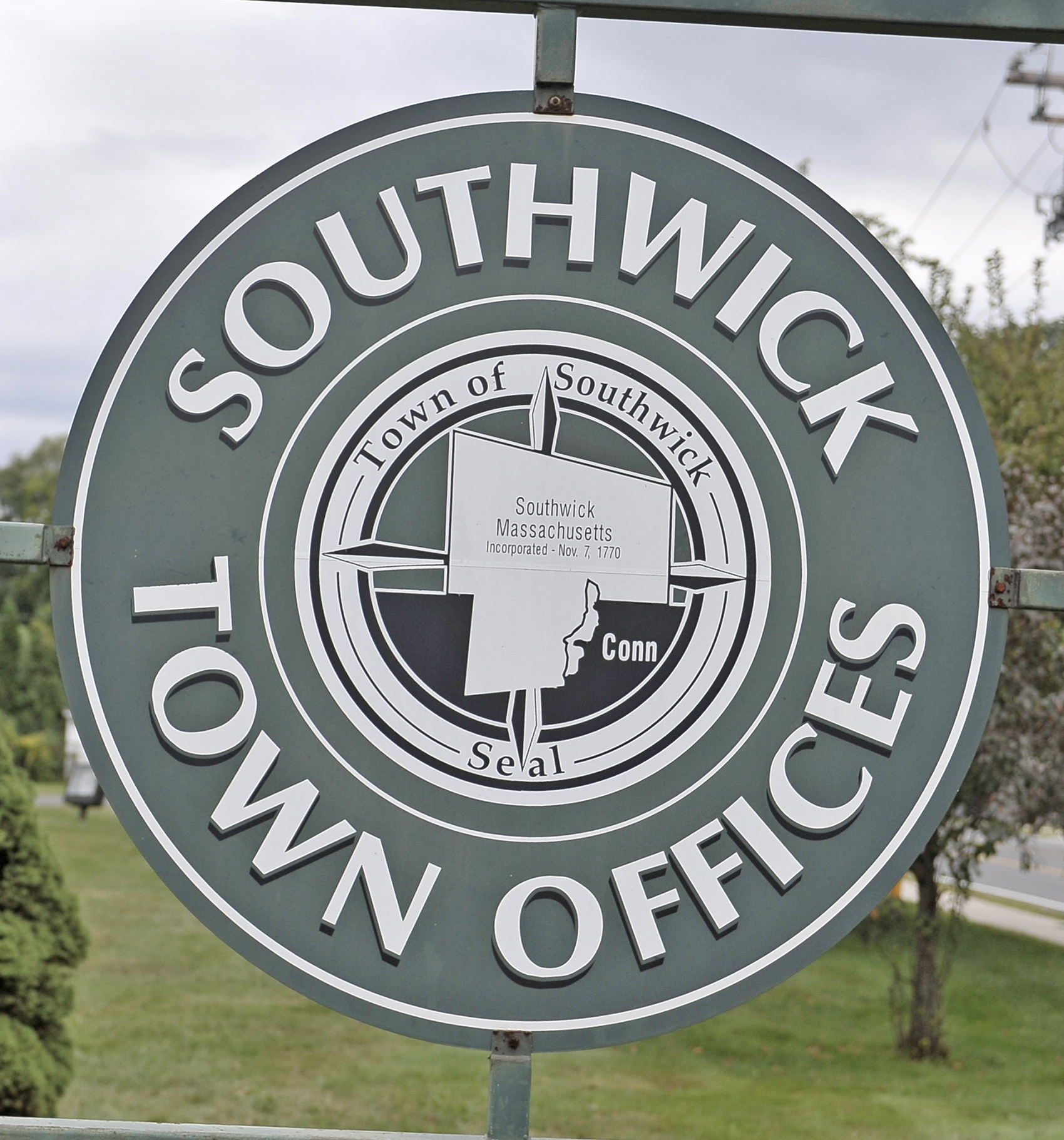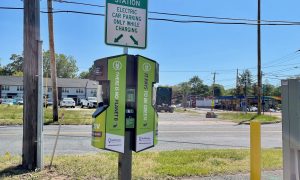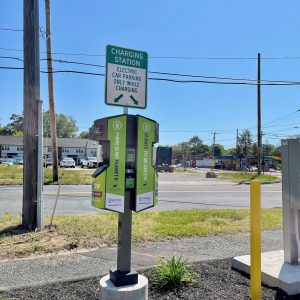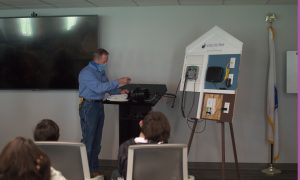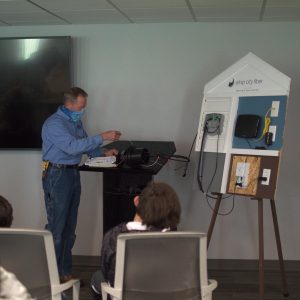WESTFIELD- The office of The Inspector General of Massachusetts released a report last week that claims sick leave payouts for employees leaving municipal light plants in the state may have cost rate payers millions of dollars.
The report, which reviewed a period between 2010 and 2016 and looked at 40 light plants in Massachusetts, claimed that Westfield Gas and Electric gave 36 payouts totaling $2,296,182.49 in the review period. The average employee who left the company with leftover sick days received $63,782.85. The report states that Westfield, Reading, and Taunton accounted for 86% of the payouts in the Commonwealth.
Although the Inspector General’s report does not specify how much the cost increased for each ratepayer, it does say that a single payout of $350,000 in Taunton, the largest single payout in the review, cost Taunton’s ratepayers $10 each per year. The $350,000 was a payout for 500 unused sick days for a Taunton light plant employee who left the company.
According to the report, Westfield Gas and Electric pays out 100 percent of a separated employee’s unused sick time for up to 140 days as well as $50 for the next 50 unused sick days. Of the 36 payouts, 13 separated employees had accrued at least 140 days of unused sick leave each.
The Inspector General’s office came to the conclusion that the sick-leave policies of the 40 reviewed light plants were inconsistent with those of each other, and those of most state and municipal employees.
The report ended with several recommendations for changes to the sick leave payout policy to minimize the burden on ratepayers. They suggest the payouts be capped at 20 percent of what the total sick time would have been if used. They also suggest that payouts should only occur in the event of retirement, rather than resignation or termination. The Inspector General’s office also recommended that all current and future payouts be made public record for light plant employees.
According to Beth Burns, Human Resources Coordinator and Records Manager at Westfield Gas and Electric, full time employees who were hired before May 2013 receive 18 sick days annually. Those hired after that date get just nine days of sick leave per year. She added that employees typically do not receive a payout when they leave the company unless it is for retirement.
“Employees are only paid out sick leave under the terms of the contract which requires a specified time-sensitive notice of their intent to retire,” said Burns, “Those that leave prior to retirement forfeit any accumulated sick time, which has incentivized employees to remain at WG&E until retirement while helping minimize employee turnover and loss of institutional knowledge.”
Burns noted that the light plant is able to keep relatively low staffing levels due to being able to hire multi-skilled employees. This keeps expenditures low, and lowers the burden on ratepayers, according to Burns.
The Inspector General’s office suggested that the state legislature take action as well. A vote was recommended to require light plants to conform to the policies of the state or municipality they reside in. A requirement that the General Manager of Westfield Gas and Electric report to the Municipal Light Board on a regular basis was suggested as well. The general manager, now Tony Contrino, is already typically at the Municipal Light Board meetings where expenditures are discussed on a monthly basis.
In a statement to The Westfield News by the Westfield G+E, it was noted that the problems detailed in the report are not unique to municipal light plants, as other municipal departments have similar mechanisms for sick leave payouts. The statement says that the report’s implication of secrecy on the part of the light plants disclosing their employee benefits is untrue.
“The report inappropriately provides the impression that WG+E employee benefit levels are kept secret behind closed doors, but this is not the case,” said the release, “Prior to negotiation sessions, the Municipal Light Board is asked for input regarding any key contract items they believe should be addressed during negotiations. The General Manager then directly negotiates with the bargaining unit and once the bargaining body has ratified the contract, the final agreement is brought to the Municipal Light Board for their signature as well, finalizing the document.”
After the document is signed, the agreement is given to the City Auditor who makes sure each employee is reimbursed appropriately for their earned benefits. The process would be entered into public record should it be discussed during a Municipal Light Board meeting during an open session. One member of the Municipal Light Board is appointed by the Mayor and confirmed by the City Council. One City Council member acts as a liaison to the board as well, and has access to records of expenditures by Westfield Gas and Electric.
“The Westfield Gas and Electric, like many other private and public sector employers, is certainly cognizant of the financial liability these legacy contracted buyouts pose,” the statement to The Westfield News read, “Therefore, over the past many years the Department has taken proactive steps to reduce this liability through collective bargaining sessions and the creation of such a tiered compensation structure, including placing caps on accruals and allowing the payout to be extended over a period of up to five years to mitigate and absorb the financial effects of larger contractually obligated payouts.”
Burns added that as longer tenured employees leave the company and are replaced, the financial obligation for payouts decreases over time.
The report does not accuse Westfield Gas and Electric of breaking the law. However, it does suggest that, under the current payout policy for unused sick leave, the financial burden on the light plant and the ratepayers needs to be cut back. The report acknowledges that long-time employees should receive reasonable compensation when they leave the company, but it should not come at an excessive cost to the plant.
Westfield Gas and Electric employees are represented by collective bargaining agreements. Each time a contract is renegotiated, both parties (The light plant and the employees) reach an agreement where benefits and wages are deemed fair to both the ratepayer and the employee.
“The boards that oversee light plants need to ensure that employees receive reasonable and fair compensation with benefits that are in line with those offered by other public jurisdictions and that do not create an undue burden on ratepayers or strain light plant budgets,” said part of the report.
According to the G+E, the period of time covered in the report is representative of an unusual period for the light plant. During the six year period nearly 50 percent of their work force neared retirement eligibility. Since 2010, at the beginning of the report, 52 new employees have hired and are under much more stringent sick leave accruals.

